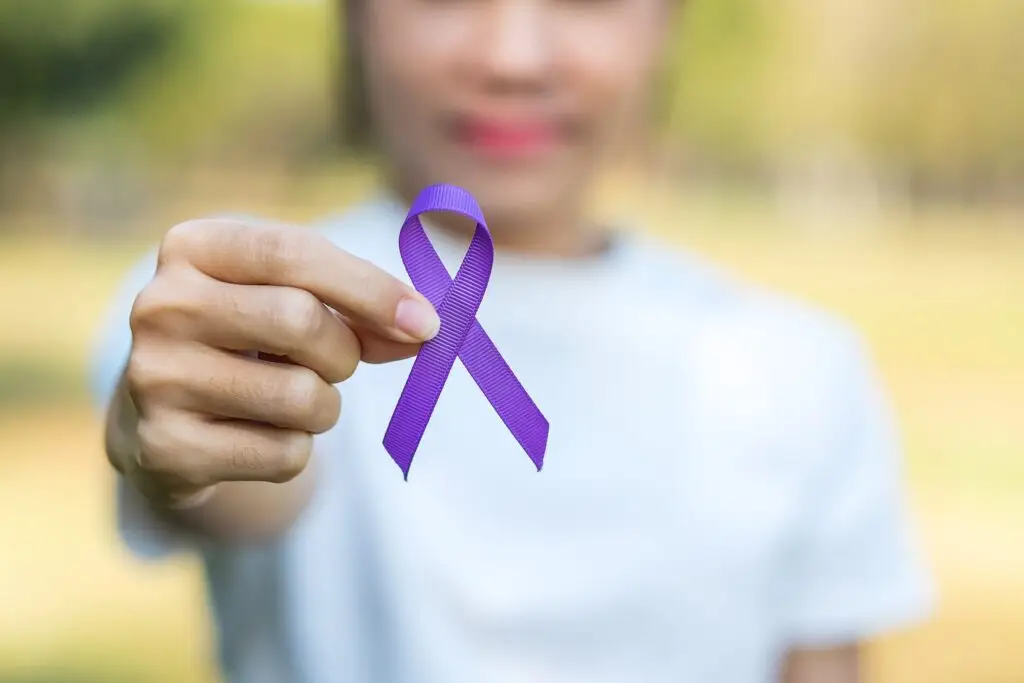Surviving pancreatic cancer is a monumental achievement. With survival rates improving, albeit slowly, more individuals are living beyond this diagnosis. However, the journey doesn’t end with remission; in many ways, it just begins. The transition from being a patient to a survivor brings its own set of challenges and adjustments. Physical recovery, emotional well-being, lifestyle changes, and long-term health management are crucial components of this new phase.
This blog aims to guide survivors through these aspects, providing practical advice, support, and inspiration to help you move forward confidently and healthily.
Physical Recovery and Health Management
-
Regular Medical Follow-Ups
Post-treatment, regular medical follow-ups are crucial. These check-ups typically include blood tests, imaging scans, and physical exams to monitor for recurrence and manage any ongoing side effects. The frequency of these visits may decrease over time, but their importance remains significant throughout your life.
Establishing a strong relationship with your healthcare team is essential. This includes not just your oncologist, but also your primary care physician, nutritionist, and any other specialists involved in your care. Prepare questions in advance, bring a list of symptoms or side effects, and be proactive in discussing your concerns. It’s also helpful to keep a journal of any new symptoms or changes in your health, as this can provide valuable information to your healthcare team. These follow-ups are not only a chance to monitor your health but also an opportunity to receive reassurance and support. Regular interaction with your healthcare team helps ensure that any potential issues are caught early, which can significantly impact your long-term prognosis. Additionally, these visits can provide emotional comfort, as regular check-ups can help alleviate the anxiety many survivors feel about the possibility of recurrence.
-
Managing Side Effects
Survivors often face lingering side effects from treatment, such as fatigue, digestive issues, and pain. Managing these effectively requires a combination of medical intervention and lifestyle changes. Fatigue can be addressed through a balanced approach of rest and gentle exercise. Digestive issues are common due to the pancreas’s role in digestion, it may require dietary adjustments and medications.
Specialized help is essential if you encounter severe or persistent side effects. Consult your healthcare provider for a customized plan and don’t hesitate to seek referrals to specialists, such as gastroenterologists, pain management experts or mental health professionals. Specialized rehabilitation services can also assist with physical and occupational therapy to address mobility issues and improve overall function.
-
Nutrition and Diet
Nutrition is crucial for recovery. A diet rich in fruits, vegetables, lean proteins, and whole grains supports overall health and helps manage digestive issues. Small, frequent meals can be easier to digest and help maintain energy levels. Consider consulting a dietitian who specializes in cancer recovery to create a personalized nutrition plan. Staying hydrated is equally important, especially if you’re dealing with digestive side effects.
Limiting processed foods, which are often high in sugar, unhealthy fats, and additives, is beneficial. Instead, focus on whole, unprocessed foods that provide natural nutrients. Cooking at home lets you choose ingredients and make healthier meals. Cooking and meal prepping can be therapeutic and help ensure you have healthy meals readily available. Consider preparing larger batches of food and freezing portions for days when you’re too tired to cook. Easy-to-prepare options like smoothies, soups, and salads can be both nutritious and convenient.
Emotional and Mental Health
-
Coping with Emotional Aftermath
The emotional impact of surviving cancer can be profound, often leading to anxiety, depression, or post-traumatic stress disorder (PTSD). Recognizing these feelings is the first step to managing them. Professional therapy or counseling can provide a safe space to process these emotions and develop coping strategies. Mindfulness practices, such as meditation and yoga, can also help reduce anxiety and promote mental well-being.
-
Support Networks
Building a strong support network is invaluable. Family and friends can offer emotional support, but connecting with others who have faced similar challenges can be particularly empowering. Support groups, both in-person and online, provide a platform to share experiences and gain insights. Many survivors find comfort in knowing they are not alone and can draw strength from the community. Participating in these groups can also provide practical advice on managing life after cancer.
Lifestyle Adjustments and New Beginnings
-
Physical Activity and Exercise
Regular physical activity is beneficial for cancer survivors, enhancing physical strength, reducing fatigue, and improving mood. Start with low-impact exercises such as walking, swimming or yoga and gradually increase the intensity as your stamina improves. Aim for at least 2-3 hours of moderate exercise per week, as recommended by health experts. Always consult your doctor before starting any new exercise regimen to ensure it’s safe for your specific condition.
-
Returning to Work
Deciding when and how to return to work can be challenging. Communicate openly with your employer about your needs and any accommodations that may be necessary, such as flexible hours or a modified workload. It’s important to ease back into your routine gradually, allowing your body and mind time to adjust. Balancing work with health priorities might require some trial and error, so be patient with yourself and seek support from colleagues or vocational counselors if needed.
-
Rediscovering Hobbies and Interests
Engaging in hobbies and activities you enjoy can significantly improve your quality of life. Whether it’s gardening, painting, reading or any other interest, these activities provide a sense of purpose and joy. Trying new hobbies can also be a rewarding way to discover new passions and skills. Staying motivated can be challenging, especially if you’re dealing with fatigue or other side effects, but setting small, achievable goals can help maintain momentum and provide a sense of accomplishment.
Long-Term Health and Wellbeing
-
Preventative Healthcare
Taking proactive steps to reduce the risk of recurrence is essential. Stay healthy by eating a balanced diet, exercising regularly, and avoiding smoking and excessive alcohol. Regular screenings and health check-ups are vital, even if you feel well. These preventative measures can help detect any issues early and provide peace of mind.
-
Setting Future Goals
Setting goals, both personal and professional, can give you direction and motivation. Start with small, attainable goals to build confidence and gradually set more ambitious ones. Whether it’s completing a marathon, learning a new skill or traveling to a new destination, having goals to strive for can be incredibly fulfilling. Celebrate each achievement, no matter how small, as a testament to your resilience and strength.
Surviving pancreatic cancer marks the beginning of a new chapter. By focusing on physical recovery, emotional well-being, lifestyle adjustments, and long-term health, you can move forward with confidence and hope. Life after cancer is a journey and it’s important to take it one step at a time. Surround yourself with supportive people, seek professional help when needed, and take proactive steps to maintain your health.
Giving is not just about making a donation, it’s about making a difference. Join us in our mission and donate today to advance the early detection of pancreatic cancer and save lives. Visit www.trovanow.com to learn how you can get involved and donate today.





